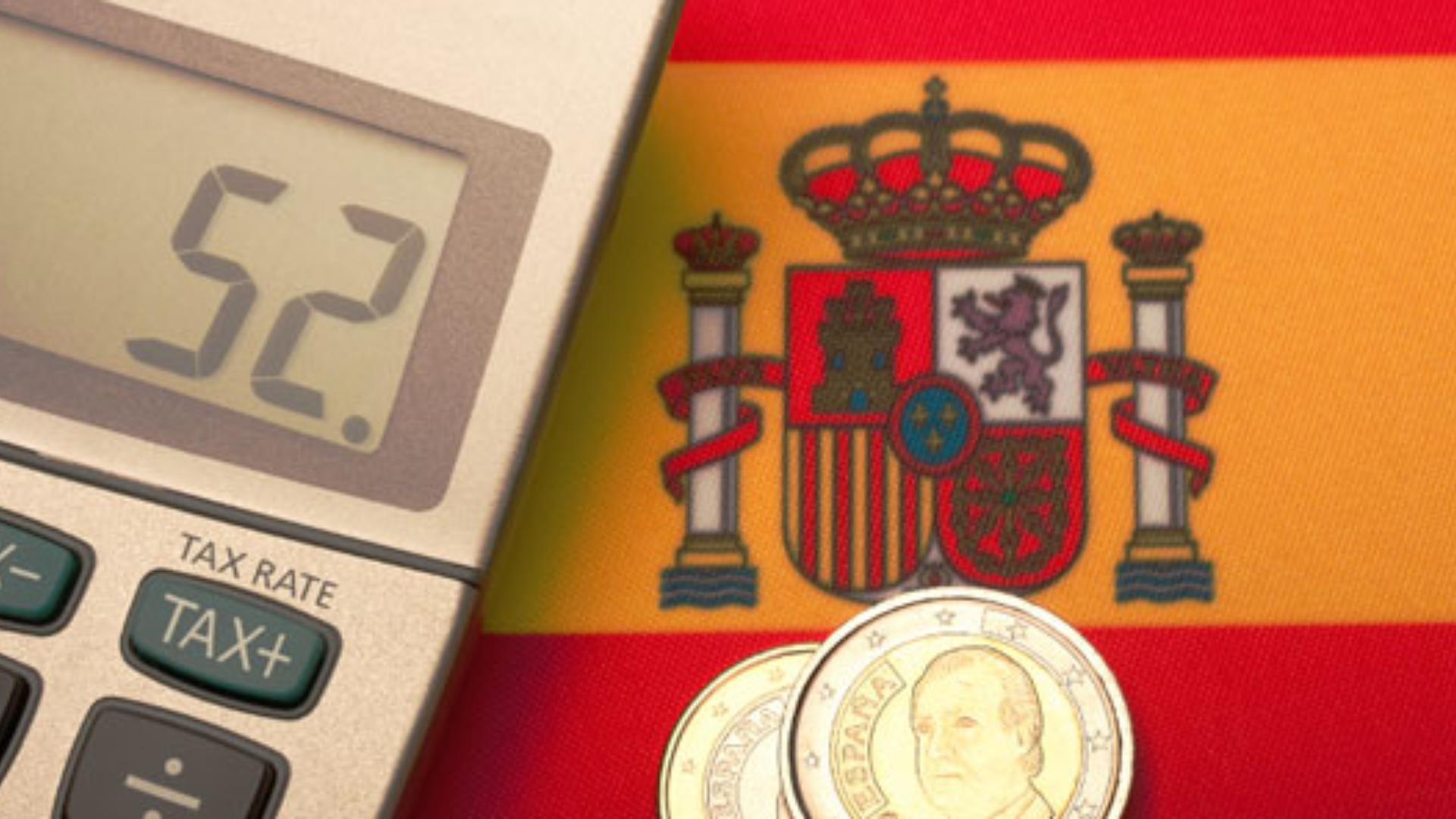Taxes for non-residents are an important factor when investing in Spanish properties.
Since they can affect the results you obtain, it is essential that you understand which ones you need to pay and how they work.

Taxes associated with the purchase of a home
The purchase of a home in Spain involves a series of taxes that vary depending on whether the property is new or second-hand in Cumbre del Sol, as well as according to the autonomous community in which it is located. To give you a clear idea, these are the main taxes.
New home
- Value Added Tax (VAT). A general rate of 10% of the purchase price is applied.
- Tax on Documented Legal Acts (IAJD). The formalisation of notarial documents and their registration in the Property Registry is taxed. The tax rate varies between 0.5% and 1.5% of the declared value, which varies depending on the autonomous community.
Second-hand home
- Tax on Property Transfers (ITP). It replaces VAT on used homes. The tax rate ranges from 6% to 10% of the sale price depending on the autonomous community. For example, in the Valencian Community, a 10% is applied.
- Although less common in second-hand homes, it can be applied in specific cases, such as if you apply for a mortgage.
Post-purchase tax obligations
After buying a house in Spain, your obligations to the tax authorities do not end. There are other taxes that you must pay after the purchase, in some cases on a regular basis. They are as follows:
- Property Tax (IBI). It is a municipal tax of an annual nature that taxes the ownership of real estate. Its amount is determined based on the cadastral value of the property and the tax rate established by each municipality.
- Imputation of property income in the Personal Income Tax (IRPF). If the property is not the owner’s main residence and remains unoccupied, a property income must be imputed in the IRPF declaration.
- Declaration of rental income. If the property is rented out, the income you receive must be declared as income from property capital in the IRPF. You can deduct certain associated expenses, such as mortgage interest, IBI, insurance, and maintenance.
- Wealth Tax. The taxable base will include the value of the property, which may be the highest among the cadastral value, the acquisition value, or the reference value determined by the Administration.
- Non-Residents Income Tax. Non-resident taxpayers in Spain who own a property in the country must declare it. If the property is unoccupied, a fictitious income similar to that of the IRPF is imputed. If it is rented out, the actual income obtained is declared.
Find your home in Cumbre del Sol!
Looking to buy or sell a property in the exclusive Cumbre del Sol development? At Cumbre del Sol Pre-Owned, we offer you over 30 years of experience in the real estate market to help you every step of the way.
Double taxation agreements and tax advantages.
Another important aspect of foreign taxation is double taxation agreements and tax advantages. In the case of the former, their purpose is to prevent the same income from being taxed in two different jurisdictions. That is to say, you should not have to pay both in Spain and in your country of origin.
Furthermore, the agreements determine which country has the primary right to tax certain types of income. Reduced tax withholdings or exemptions also apply depending on the taxpayer’s country of residence.
As for tax advantages, some have been designed to encourage home buying. Some of the most important are:
- Deduction for investment in primary residence.
- Autonomous deductions.
- Reduced rates in indirect taxes.
Recommendations for foreign buyers
- Obtain the Foreign Identification Number. The NIE is an essential requirement for carrying out any real estate transaction in Spain. This number identifies you for tax purposes and is necessary for signing deeds, opening bank accounts, and paying taxes.
- Opening a bank account in Spain. Although it is not mandatory, having a Spanish bank account makes it easier to manage payments related to the purchase, such as taxes, services, and mortgage payments.
- Hiring specialised legal advice. It is a recommended service, as it will keep you informed of any changes in the legislation. This way, you ensure that you comply with everything.
- Verification of the legal and physical status of the property. Before formalising the purchase, it is essential to request a simple registration note to verify ownership and any possible charges on the property.
Ultimately, knowing the taxes for non-residents saves you problems when buying a property in Costa Blanca. And if you want complete and expert advice, at Cumbre del Sol Pre Owned we help you with everything you need. Contact us now!
